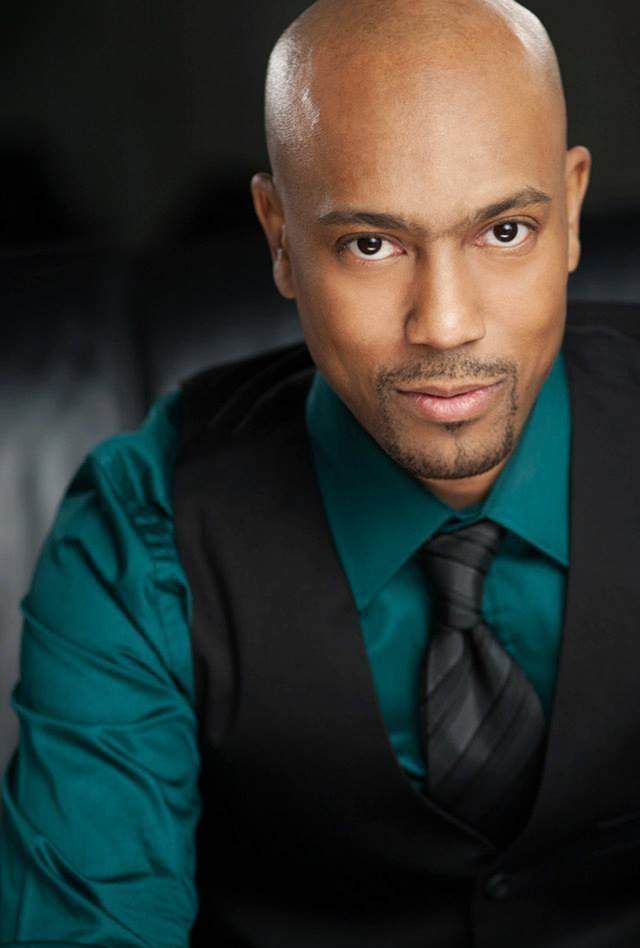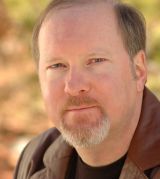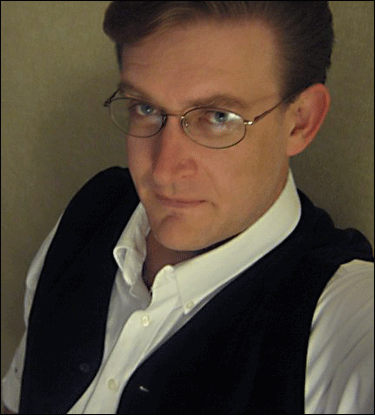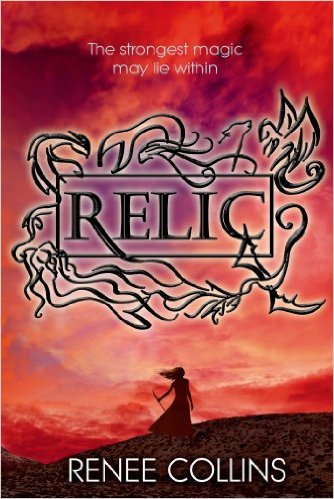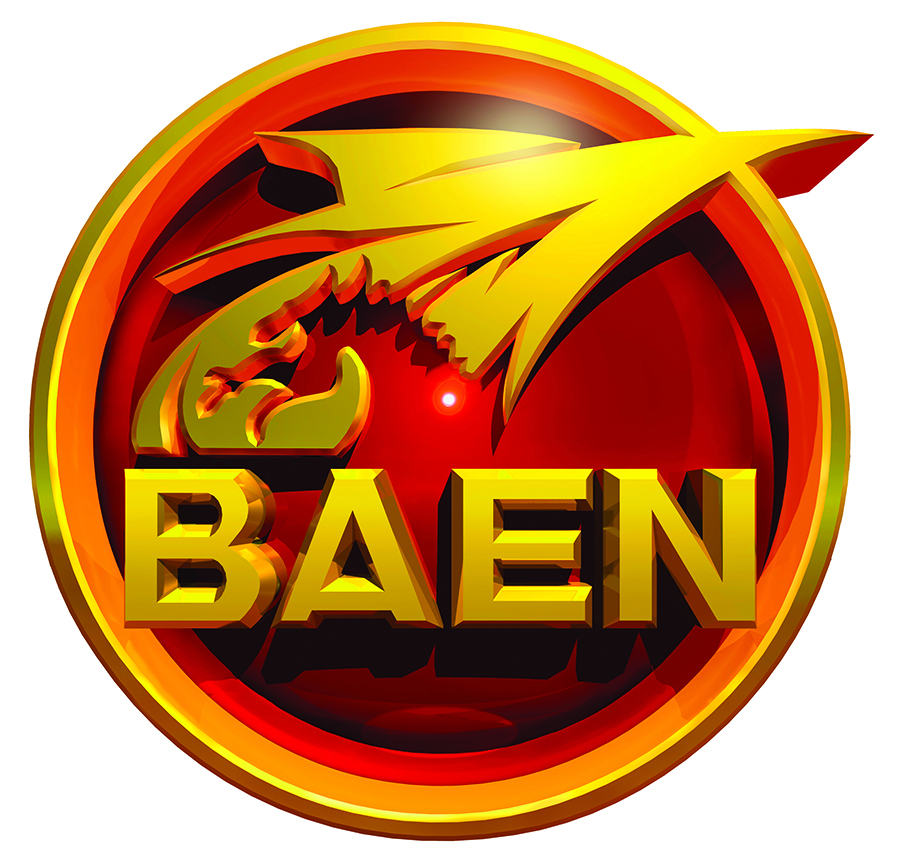
Interview with Toni Weisskopf
I am at WorldCon this week, and I decided to do a couple of interviews while I was here. The first was with none other than head of Baen Books, Toni Weisskopf. Enjoy!
Gama: I’m here with Toni Weisskopf, Hugo-nominated editor and publisher at Baen Books. You’ve been at Baen for a long time and have worked with many authors. You’ve been nominated for a Hugo a couple of times, so you’re pretty well known in the industry. Tell us a story about yourself most people don’t know.
Toni: Well, my degree was in anthropology — cultural anthropology, so I come at science fiction from a slightly different direction than some of our English majors do. I think science fiction is probably the closest field related to anthropology that is not, in fact, anthropology. So much of the study of man, the study of cultures applies in science fiction that I have actually found my book learning very useful in my chosen field, so that may be something you guys don’t know.
G: Baen is kind of an oddity in that it’s a fairly sizable traditional publisher that isn’t headquarter in New York. Why is that?
T: We started out in New York. We started out on 5th Avenue, and we were there for a long time. Then we moved out of Manhattan up to Riverdale which is part of the Bronx, and we discovered fairly quickly that in the age of the internet that if you could find FedEx and wifi, then you did not have to be in New York, and we were expanding at that point and we needed more space, and we were able to find it outside of New York. Also too, in the beginning of the modern era of publishing, you needed to be in New York to find freelancers, to find artists, to find writers, and at the point where we were there, which was the early 90s, that was no longer true, certainly not for science fiction. We were using freelancers all over the country and artists all over the world, and writers all over the world. There is no particular need to stay in New York. Now, our distributer, Simon and Shuster is there, so we do go back to New York a good bit, but it was not a business necessity anymore. These days I see authors and agents at science fiction convents, again all over the world. So, it’s sort of a futurist application to publishing that we were able to implement, and it’s worked very well.
G: You’ve spent pretty much all of your professional career at Baen. Is that correct?
T: That’s correct.
G: Can you talk a little bit about your journey there, you know how you got started, how you got where you are?
T: Oh wow. The short answer is I failed medieval history. I went into college thinking that I was going to be a medieval historian and the professional that specialized in medieval history, her interest was medieval philosophy, particularly medieval religious philosophy which is about the stupidest, most insane, head up your butt literally arguing the number of angels on the head of a pin that you can imagine, and the stuff that interested me about the middle ages was not that. It was the knights, the fighting, and the beginnings of western civilization and the culture and the pageantry, and all of that kind of good stuff. The science fiction part of it. So, I realized fairly early on that I was not going to be a medieval historian, and a friend of mine looked at me and said “No, you’re not. You’re going into publishing.”, because I was spending all my time in science fiction. We had started a science fiction club. We were publishing a fanzine with lots of reviews. We had started speakers, tours, I taught a class in science fiction. I was spending all of my efforts on science fiction in college. Once I realize that, I was able to target my career in school much better, so I was actively looking for work in the science fiction field throughout my senior year. I handed out my resume at conventions and I met a lot of pros. I met David Hartwell, and so I sent of my resume all over New York and actually had a job lined up with Locus Magazine when I got a job offer in New York. Ironically, Baen was paying less that the semi pro magazine Locus at the time for an editorial assistant and I was able to embarrass Jim into meeting that price, so I graduated one day and the next day I was working at Baen, and I’ve been there ever since, and I’ve never looked back.
G: Baen maintains a pretty sizable library of free ebooks. What was the thinking behind setting that up?
T: Well, much of the thinking you can find in the Baen free library itself. There’s a series of essays called the Prime Palaver where Eric Flint outlines how the free library came to be, but basically the free library is a marketing tool. It is a collection of thirty-or-so, at this point, free science fiction novels written by people who have published Baen books, and many of them are them are the first books in very long series. We have enough faith in our books that we think we can give you the first one, and if you like it, you’ll go on and read the second and third and the other twenty-five in Honor Harrington series or the Ring of Fire series or John Ringo’s work or David Drake’s work, and we think also that if you don’t like the first one you read at the Baen free library, you’ll probably go on the next one, and you’ll probably find an author you like, even if you don’t like all the authors, and it’s a pleasant experience for the reader, and it’s a good way to market the Baen brand, and so it has turned out.
G: Did you ever use DRM?
T: No
G: You were the first ones to not use it.
T: Proudly. Militarily anti-DRM. When you go into a retail store, you don’t have to climb over monkey bars and wall through a mud pit in order to get the product that you want. It’s just insane to me to make it difficult for readers to buy your books. I don’t understand the logic at all, and then to pay more for this? For you as the publisher to actually pay someone to set this up? It’s just insane. It’s pointless because it takes readers five seconds to defeat DRM. We would much rather trust our readers not to steal books than we would to use pointless and expensive DRM schemes. Again, these are our readers. These are Baen readers. They’ve shown themselves to be completely trustworthy. We don’t have to do it, and we’re not going to.
G: Speaking of ebooks, we have a lot of physical bookstores closing nowadays. Is there any worry losing the ease of access for discovering new books?
T: I think so. I think that’s certainly a concern. Losing the easy browseability of bookstores or even back in the day, your grocery store, or your airport bookstore, it is more difficult to find new readers, and for new readers to find authors that they like. So this is certainly something that you’re trying to adapt to at Baen, and we do many things to make it easy for readers to find us. The free library is one of them. We do free short stories. We do free nonfiction on our website every month. We do a podcast. We advertise widely, and these days it’s less of a push system and more of a pull, where the readers have to come to you. We try to make it very easy for the readers to find us.
G: On the subject of discovering new books, you handle several big names in the industry such as Elizabeth Moon, Larry Correia, David Drake, and Lois McMaster Bujold, but who are some of your author that our listeners may not have heard of?
T: Well Elizabeth Moon, we published her earliest stuff, but she has since moved on to other publishers. These days Charles Gannon, his career is something to watch. He’s been nominated twice for Nebula awards, and he writes good old-fashion near-future space adventure kind of stuff. He’s very well thought out from a hard science fiction point, but also from a historical point. He’s somebody who really understands big movements of societies, so he’s really exciting. Very pleased with Brad Torgersen’s first book, The Chaplain’s War, and also has good command of classic science fiction. Mike Williamson just did a stand-alone novel for us, A Long Time Until Now, which is a time travel story. Interesting big ideas. Wen Spencer is writing really fun urban fantasy. She’s a fascinating person that really comes through in her fiction and how she approaches story. Those are all people that you should seek out.
G: Baen is one of the publishers that accepts unsolicited submissions. Not only that, but you request a full manuscript right off the bat?
T: We do. Yeah, if you have written something that you think is solidly in our wheel house, then there’s no point in wasting time, especially these days with electronic submissions, you’re not even wasting money or postage or physical effort. We’re only going to ask for the full manuscript if we like it anyway. If it’s something that you think it is not in our wheel house, then we’ll take a look at a proposal and three chapters, but if it is classic fantasy, classic science fiction, then there’s no point wasting anybody’s time.
G: You’ve also developed a reputation for being author friendly. I know Eric Flint, for instance, has an agent that he uses for every publisher except Baen stuff. What do you think is responsible for that reputation?
T: Well, we try to treat our authors fairly. We think that when we’re writing a contract with authors, we’re entering into a partnership. It’s an equal relationship. We’ve been around for thirty years. We talk the talk, but we also walk the walk, and writers know that. We are trustworthy, and that goes a long way.
G: On the subject of being author friendly, one of the things you do to help a new author is you also tend to pair a new author with a more experience author, so can talk a little bit about that?
T: Well this is straight out of Aristotle. If you take a look at Poetics, Aristotle’s Poetics, you’ll see he talks about this process, and in the Middle Ages, late Middle Ages, early Renaissance, this is how painters with studios would works. It is a good way to get good product, which is to say great reads, out of writers who are very busy and to expand the audience of audience who are up and coming, and we try to match people who are of equal skill if not yet of equal stature.
G: Sometimes it gets away from you. I believe Larry Correia also owes you a novel, with David Drake. Is that right?
T: No, with John Ringo, but that problem has solved itself. John Ringo had taken my word for it that Larry was a writer of equal skill, but he hadn’t actually read the Monster Hunter books, so he sat down and read Larry’s books when he was in between novels that he was writing, you know a little break, a little fun reading, and about six weeks later, I had three novels set in the Monster hunter universe by John Ringo. Larry is acting as the senior author in this case where he’s got the final say because it’s his universe, so there are going to be collaboration with Larry and John. They will fit canonically in the Monster Hunter history, they’re prequels to the Monster Hunter International. That’s how I’m getting my John Ringo and Larry books, and that’s fine too.
G: Baen has been known as “the military science fiction publisher”, but you actually do a lot of other things as well.
T: We do. I think we understand military science fiction. I think we do it best, but we also do really good space opera. We do hard science fiction. We’re good at urban fantasy. We’re good at epic fantasy. I don’t like to restrict ourselves to particularly subgenres. If it’s at the heart of science fiction or fantasy, we will publish it. It’s not form that we’re interested in, and I don’t think it’s what our readers are interested in. It’s great story. That’s what we look for.
G: Is there anything you would like to see come across your desk as a submission?
T: Yeah sure. We’re all looking great hard science fiction novels. It’s very hard to write. It’s very hard to write well, so all of us are always looking for that great hard science fiction novel, but if I get the next Lois Bujold or the next Arthur Clarke, or the next Isaac Asimov, or the next Roger Zelazny, that would be fine too.
G: Oh, that’s it?
T: Yeah, I try not to ask too much.
G: Do you have anything upcoming from Baen that has you particularly excited?
T: I love them all. That’s like asking which of your children is your favorite, but I’m excited about my new guys. We do have first novel coming up. Sonia Lyris has got a new epic fantasy that’ll be exiting. We have a first science fiction novel from a very talented mystery novel. Brendan DuBois has Dark Victory, that’s coming out in the fall. I’m excited to see what those guys will do. We have a space opera from Mike Kupari who was one of Larry Correia’s collaborators writing his military thrillers. Mike is an EOD [Explosive Ordinance Disposal] tech, retired now from the air force, but science fiction was his first love and his first solo novel is just grand lovely space opera. That’s exciting. We have another first non series novel from a British novel, Alex Stewarrt, who wrote for Warhammer 40,000, Ciaphas Cain series, and he too loves science fiction, loves space opera, so his first non tie in stuff is coming out. It’s called Shooting the Rift. That’s more in your David Drake kind of mode, so all of them are very different. I think and I hope our readers will enjoy them.
G: Alright, that’s all I had for you Toni, so thank you so much for doing this interview.
T: Oh, my pleasure, always good to talk to you, Gama. I’ll say that on record as well as off.
